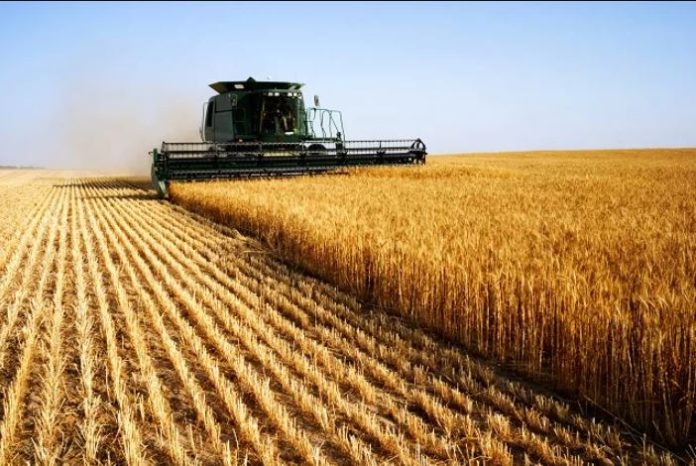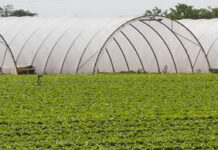Nigeria’s leading commodities market player, AFEX, has inked a partnership with Niger State Ministry of Agriculture and the Niger State Commodity and Export Promotion Agency (NSCEPA) to improve the productivity of agriculture.
The partnership will see AFEX developing processing facilities including a sesame cleaning centre in Lapai/Agaie. It will also include the deployment of operations that will enable financial inclusion for Niger State farmers alongside the provision of storage and extension services that will facilitate crop standardization and protection.
As a party in the MoU, AFEX will also deploy its Agric Service Provider model in Niger State, which would include supporting, training, and financing other commercial agriculture service providers in the state.
Market potential
“Nigeria’s rural and market potential is being harmed by a combination of financial and infrastructure inadequacies. Infrastructure shortfalls are mostly related to the unavailability of adequate and affordable storage for farmers, among other things. Limited financing also has an effect on the value chain from a demand and supply standpoint. We are on a mission to increase the productivity and livelihoods of farmers in Niger State,” AFEX CEO, Ayodeji Balogun said during the MOU signing.
The Director-General of the Niger State Commodity and Export Promotion Agency (NSCEPA), Fatima Wushishi, said the partnership with AFEX will provide technical expertise, finance, direct markets to our farmers, technology and warehouse management and crop handling infrastructure and grading standards required to aggregate and trade commodities in a formal structured and standardized manner.
“This will ensure quality, consistency and safety of the goods from the farm gate to the destination markets both domestic and international,” Wushishi said.
AFEX, known for its vision to make Africa self-reliant in food, has over 300,000 farmers and 100 agri-businesses registered on its Exchange and has significantly reduced the level of market fragmentation in several states of operation while creating shared prosperity for all stakeholders.









